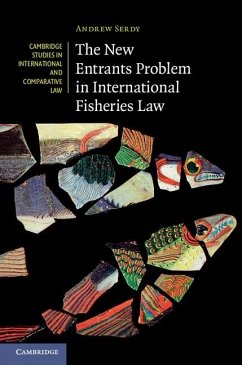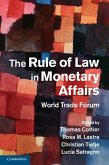Are international fisheries heading away from open access to a global commons towards a regime of property rights? The distributional implications of denying access to newcomers and re-entrants that used the resource in the past are fraught. Should the winners in this process compensate the losers and, if so, how? Regional fisheries management organisations, in whose gift participatory rights increasingly lie, are perceptibly shifting their attention to this approach, which has hitherto been little analysed; this book provides a review of the practice of these bodies and the States that are their members. The recently favoured response of governments, combating 'IUU' - illegal, unregulated and unreported - fishing, is shown to rest on a flawed concept, and the solution might lie less in law than in legal policy: compulsory dispute settlement to moderate their claims and an expansion of the possibilities of trading of quotas to make solving the global overcapacity issue easier.
Dieser Download kann aus rechtlichen Gründen nur mit Rechnungsadresse in A, B, BG, CY, CZ, D, DK, EW, E, FIN, F, GR, HR, H, IRL, I, LT, L, LR, M, NL, PL, P, R, S, SLO, SK ausgeliefert werden.









